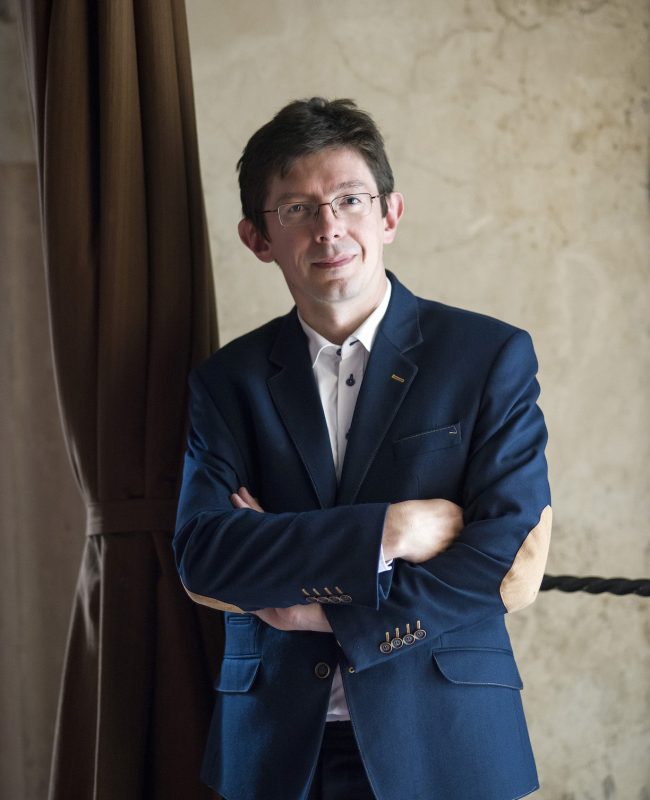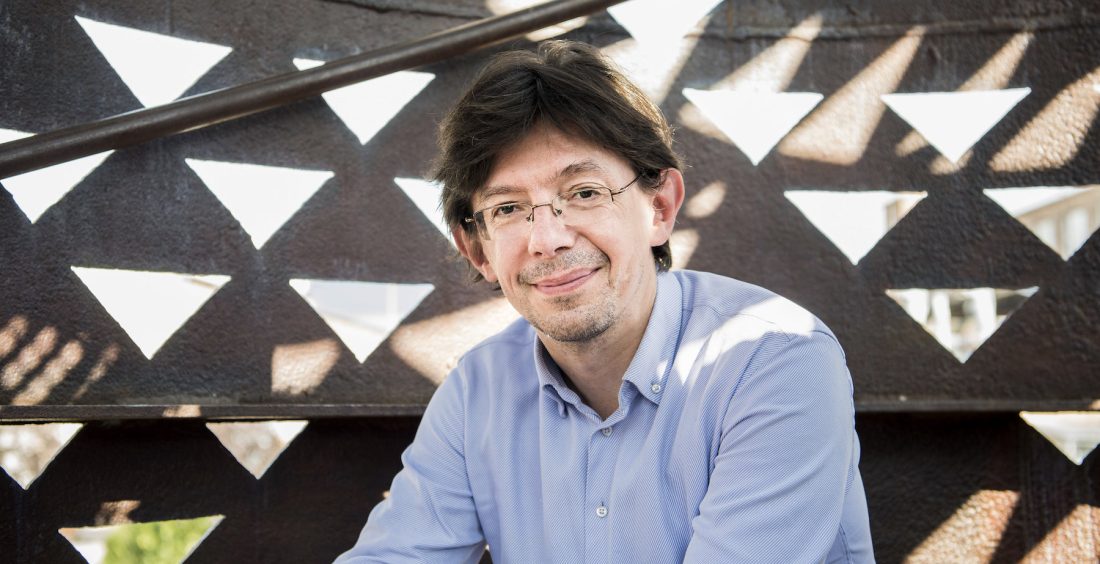Opening concert
Important notice for ticket holders for this concert:
This concert will take place as part of a pilot project initiated by the Ministry of Culture of the Czech Republic in the presence of the audience in the hall.
The number of audience will be significantly reduced within the pilot project. We have therefore decided to contact the ticket holders in the order of the date of purchase of the ticket.
Originally purchased tickets are no longer valid.
Holders of tickets for concerts on 12 and 13 May, who qualified for the hall capacity (depending on the time of ticket purchase), received an information e-mail no later than April 29 with instructions on how to proceed to participate. If you did not qualified fot the hall capacity, we will automatically refund you in full for the cost of the tickets of the concert which has been canceled; the amount will be sent to the account from which the purchase was made, and this after 4 June 2021.
Programme
- Bedřich Smetana: My Country
Performers
- Collegium 1704
- Václav Luks – conductor
Watch now!

Performing Smetana’s Má vlast (My Country) at the opening concert of the 2021 Prague Spring Festival will be Collegium 1704 and the conductor Václav Luks. The originally announced performers, the Rundfunk-Sinfonieorchester Berlin and the conductor Vladimir Jurowski, have been forced to cancel their appearance because current public health measures in Germany governing the work of orchestras do not permit them to rehearse the work. “Today’s turbulent times favour bold solutions. Therefore, we have decided to put our trust in Václav Luks and his Collegium 1704, who are not only among the top Czech artists, but also have become one of the most respected ensembles of their kind in Europe. It so happens that it was at Prague Spring that they started on their path almost two decades ago,” says festival director Roman Bělor. “We have always made an effort to ensure that besides respecting tradition, the opening Prague Spring concert also brings an element of rediscovery and surprise. These are new interpretations and new ways of understanding the work by today’s musicians, who keep the work alive and still make its performing relevant in the 21st century”, says Bělor in conclusion.
“Performing Má vlast on period instruments and in the spirit of the interpretive customs of the late 19th century is an unusual challenge”, says the conductor Václav Luks. “In approaching Smetana’s iconic work, one must take into consideration not only the historical context of the composing of the individual movements of the cycle, but also the work’s noteworthy tradition of interpretation. After all, just from listening to the first recording of Má vlast conducted by Václav Talich in 1929, we realise how radically the interpretation of the Romantic repertoire has changed during the past century and how the varied palette of musical expressive resources and colours fell into oblivion in a relatively short amount of time. Our performance will not be a reconstruction for a museum. I hope we manage to present Má vlast in new colours while respecting the legacy of its ingenious creator”, maestro Luks emphasises.
This will not be the first performance of Má vlast by an orchestra using original instruments – at the 1996 Prague Spring opening concert, the London Classical Players played the work with the conductor Sir Roger Norrington. “Back then, that caused quite a stir”, says the festival programming director Josef Třeštík. “There has been considerable progress since then with the awareness of the Czech public about historically informed interpretation, and the local early music scene has flourished incredibly. Likewise, the activities of Collegium 1704 and Václav Luks in recent years show that they are far from being just leading interpreters of the music of Jan Dismas Zelenka and other Baroque composers, as they formerly presented themselves. Now, they are expanding their scope to include repertoire of the 19th century.”







